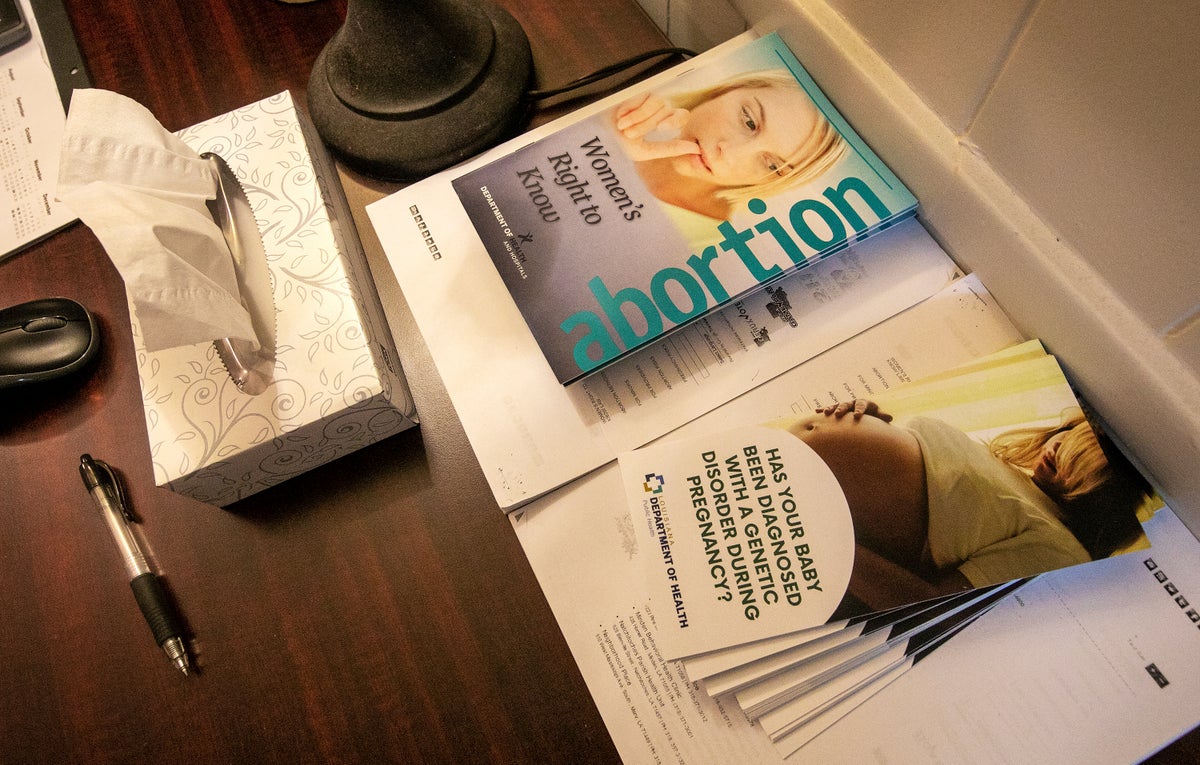
A Louisiana judge has blocked the state’s anti-abortion “trigger” laws, again, as a legal battle to protect abortion access in the state continues after the US Supreme Court struck down the constitutional right to abortion care.
State Judge Don Johnson granted a temporary restraining order on 12 July that blocks enforcement of state laws that ban legal abortion care in nearly all instances from the moment of fertilisation.
The order – which will allow the state’s three abortion clinics to resume care – came just days after a New Orleans judge dissolved the restraining order as a procedural matter as the case moved jurisdictions from New Orleans to Baton Rouge.
A hearing in the case is scheduled for 18 July.
“This is an incredible relief for people who need abortion care right now in Louisiana,” Center for Reproductive Rights senior staff attorney Jenny Ma said in a statement. “Abortion care in the state can resume today, and further irreparable harm has been avoided. Our work continues and we now look ahead to our hearing on Monday, where we will ask the judge to block the bans more permanently.”
Following the US Supreme Court’s decision on 24 June to strike down the half-century precedent in Roe v Wade, at least nine states – Alabama, Arkansas, Mississippi, Missouri, Oklahoma, South Dakota, Texas, West Virginia, and Wisconsin – have outlawed abortion entirely in nearly all instances.
As many as 26 states could outlaw abortion without protections affirmed under Roe. Republican-led state legislatures are poised to draft more-restrictive laws in the coming weeks and months.
Earlier this year, Louisiana’s anti-abortion Democratic Governor John Bel Edwards signed into law an anti-abortion measure that makes no exception for pregnancies from rape or incest.
The measure imposes a prison sentence of up to 10 years and up to $10,000 in fines for convicted abortion providers or anyone found guilty of performing an abortion. An abortion performed later in the pregnancy could result in a 15-year prison sentence as well as a minimum $20,000 fine.
Following the Supreme Court’s decision in Dobbs v Jackson Women’s Health Organization, Louisiana’s “trigger” laws were in effect, according to state officials. Four days later, a New Orleans judge temporarily blocked their enforcement, pending a legal challenge from providers in the state and abortion rights advocates.
Louisiana’s Republican Attorney General, who is fighting the lawsuit, said on Tuesday that “the rule of law must be followed, and I will not rest until it is”.
City officials in New Orleans have pledged to reject anti-abortion prosecutions. A resolution from the New Orleans City Council also aims to prohibit the use of city funding or other municipal resources to assist other law enforcement agencies to assist with anti-abortion cases.
Orleans Parish District Attorney Jason Williams told The Independent last month that his office is “focused on pursuing accountability and justice for the most serious, violent crimes committed against our people”.
“We cannot and will not shift the priority from tackling senseless shootings and rapes to investigating the choices women make with regard to their own bodies,” he said.
Orleans Parish Sheriff Susan Hutson said in a statement last week that “our community elected me to bring progressive change to our jail, not to bring us back to the days before Roe v Wade”.
“I stand with our District Attorney and City Council in saying we will not use the limited resources of our offices to criminalize a women's right to choose or a physician's duty of care,” she said.







